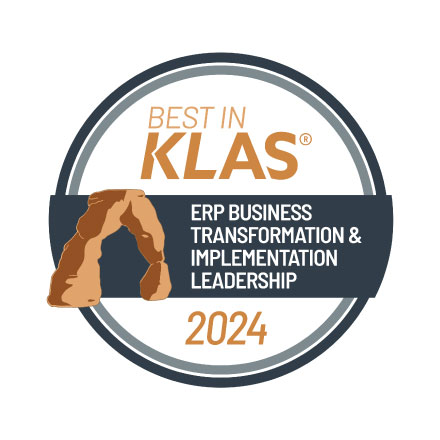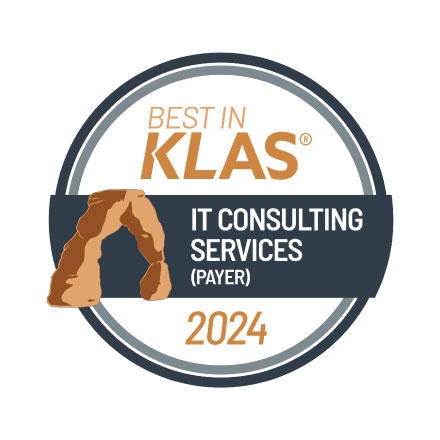Healthcare digital, technology, and analytics
Create a digitally mature organization supported by scalable, data-driven solutions to modernize operations and care delivery. Huron works with healthcare providers and payors to elevate their digital strategies and ecosystems to put what’s possible into practice.
How we help
Huron Intelligence® Healthcare Insights
Turn data into actionable insights that enhance clinical care and improve the patient and employee experience.
Explore Huron Intelligence® Healthcare InsightsTechnology partners
Optimize MEDITECH adoption to deliver high-quality, patient-centric care.
Learn More
Enable your transformation with technology solutions designed for your organization.
Learn More
As a Salesforce Summit level partner, Huron can assist you at any stage in your CRM journey.
Learn more
Align business objectives, processes, and workflows to activate solutions tailored to your specific needs.
Learn More The Best in KLAS® Software and Services
Human Capital Consulting
Huron is the market leader ranked #1 for Human Capital Consulting — 2025 Best in KLAS®: Software and Services report.
See what's possible
Digital Rounding
Huron is the market leader ranked #1 for Digital Rounding — 2025 Best in KLAS®: Software and Services report.
See what's possible
ERP Business Transformation & Implementation Leadership
Huron ranked #1 in ERP Business Transformation and Implementation Leadership — 2024 Best in KLAS® report.
See what's possible
IT Consulting Services (Payer)
Huron is the market leader ranked #1 in Payer IT Consulting — 2024 Best in KLAS® report.
See what's possible Insights and case studies
Connect with a digital expert
Thinking about joining?
We see what’s possible in you and help you achieve it. Join Huron, where our culture inspires, supports, and rewards you so you can achieve your full potential.
Apply to Huron Research office roles

















